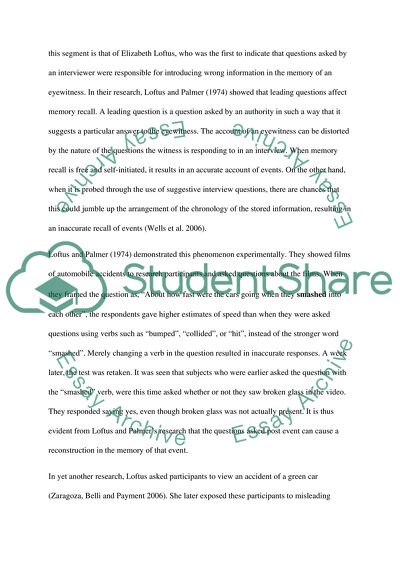Cite this document
(General Principles of Human Factors Literature review, n.d.)
General Principles of Human Factors Literature review. https://studentshare.org/psychology/1873276-general-principles-of-human-factors
General Principles of Human Factors Literature review. https://studentshare.org/psychology/1873276-general-principles-of-human-factors
(General Principles of Human Factors Literature Review)
General Principles of Human Factors Literature Review. https://studentshare.org/psychology/1873276-general-principles-of-human-factors.
General Principles of Human Factors Literature Review. https://studentshare.org/psychology/1873276-general-principles-of-human-factors.
“General Principles of Human Factors Literature Review”. https://studentshare.org/psychology/1873276-general-principles-of-human-factors.


